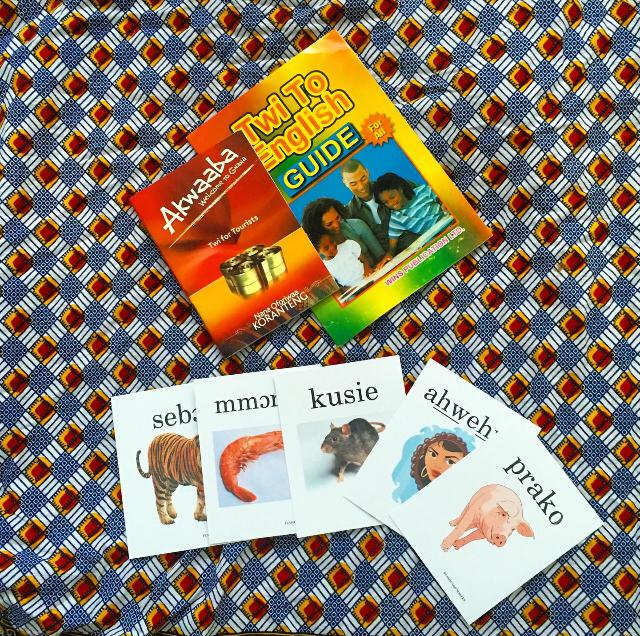
Months and months you have looked at pictures in Ghana. You have seen pictures of the beaches in Central region, the national parks and the amazing breakfast places in Accra. And then you decided this Summer you are going to Ghana. You booked you flight, started preparing and then realised you don’t know how you can communicate in the country. Don’t worry we got you covered.
Because actually it is really easy. In Ghana most people speak English. It is the official language, all subjects in school are in English and also streets signs/restaurant menus/etc are mostly in English. Especially in the south and centre of the country it won’t be difficult to communicate. In the north is a bit less easy, but there is always someone around who speaks it or use sign language. There is absolutely no need to worry about communication. If you are not sure about your English skills, try DuoLingo!
But there is more. Beside English there are many other languages spoken in Ghana, and they all come with their own dialects as well. If you want to make a good impression by everyone you meet in Ghana, try to learn some basics of some languages. In general we would advice you to start with Asante Twi. Twi (together with Fante and Akuapem Twi part of the language group called Akan) is the most spoken language in Ghana. It is mostly spoken in the south, but it is also likely you meet people in the Volta or Northern region who can (at least) understand it. And remember yourself you don’t have to be perfect and fluent. Only trying already shows you are doing some effort.
If you are travelling through Ghana we advise you to learn a bit of Twi, but if you are staying somewhere for a longer time it is better to find out which language the people speak and focus on this. For example you can check out Ewe (Volta Region), Ga (Accra) and Dagbani (Northern Region).
For now we focus on Asante Twi, and we will share some common phrases with you.
Welcome – Akwaaba
Good morning – Maakye
Good afternoon – Maaha
Good evening – Maadwo
How are you – ɛte sɛn?
I am well – Me ho yɛ
Fine – ɛyɛ
Thank you – Medaase
We shall meet – Yɛbɛhyia
Okay – Yoo
I have heard you – Mate
Kafra – Sorry
No – Dabi
Yes – Ane
My name is [your name] – Me din de [your name]
I come from [your town/country] – Mefiri [your town/country]
I live in [where you live] – Mete [where you live]
If you want to know more you can buy the Learn Akan e-books, or watch their videos. Also Jolanda Mensah sells a vocabulary book and flashcards. You can also watch her videos online (note: they are in Dutch). Once you are in Ghana you can also check out a book store or on the market for books.
And also check out our own DIY Twi Verbs Flashcards, which you get when you support Tinyhouse Ghana (from 1€ going).
To especially practice your pronouncement we advise you to make yourself some Ghanaian friends. In Ghana of course, but also in your hometown. Maybe you can find someone who wants to learn your local language in exchange of teaching theirs. We are sure this will be a wonderful cultural experience.
We hope you are going to have an amazing time in Ghana. Hopefully your were able to teach yourself some basics. And if you are travelling with us we can help you out during your trip. All our tour guides are Ghanaian, and willing to give you some language class. We can’t wait to start!
